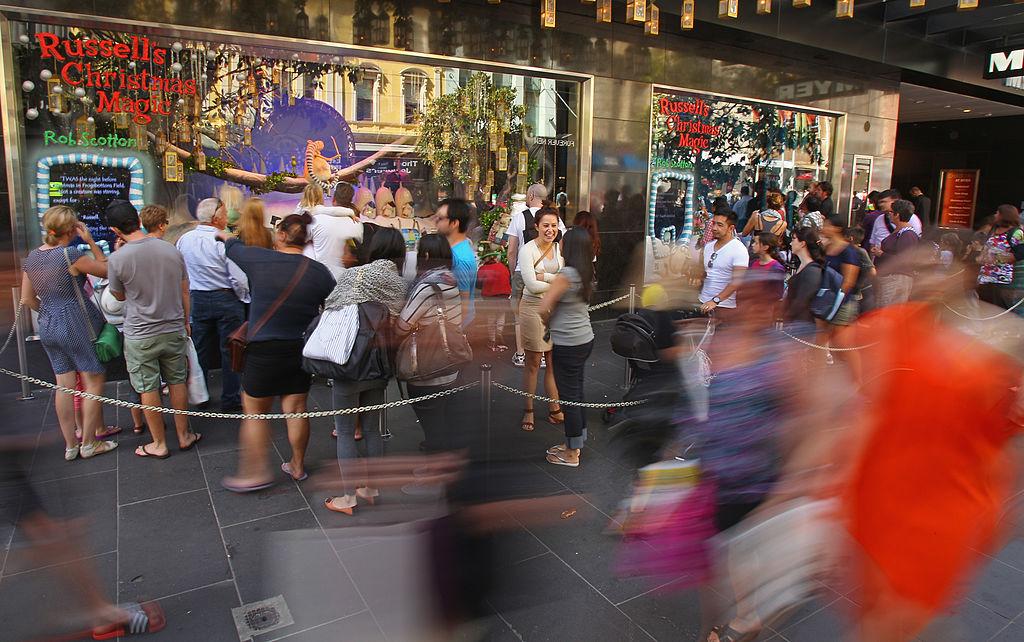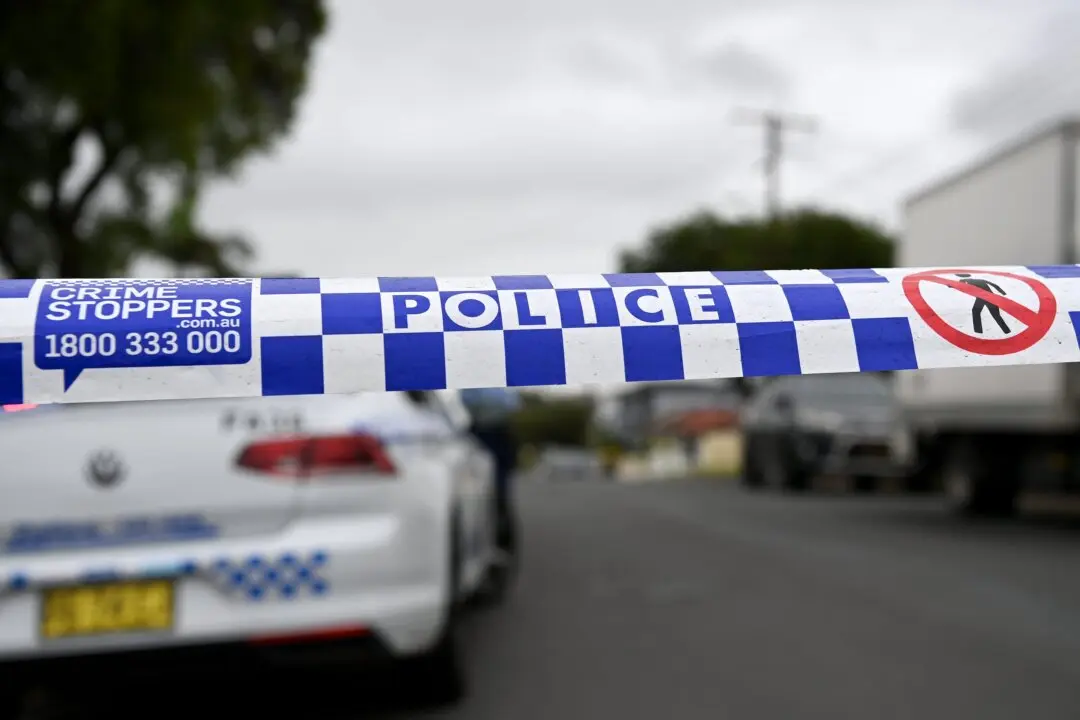A report on Victoria’s hotel quarantine failings is set to provide valuable lessons as Australia heads into Christmas with few COVID-19 concerns.
The inquiry chaired by Jennifer Coate will deliver its final report on Monday, with the findings expected to detail what went wrong with the botched scheme.





